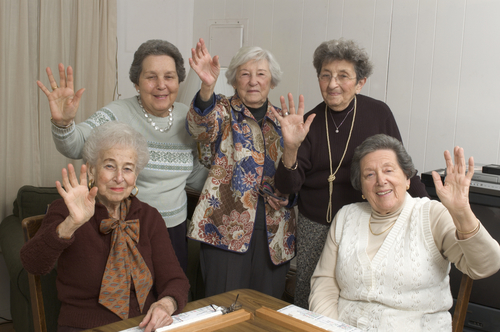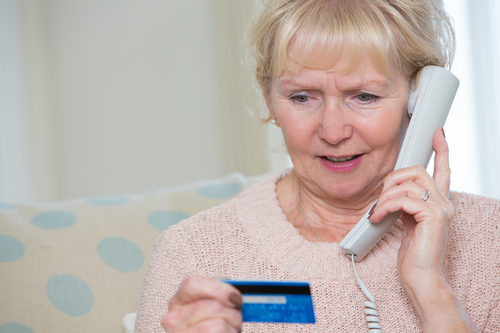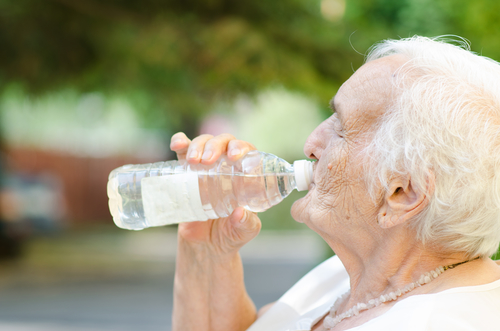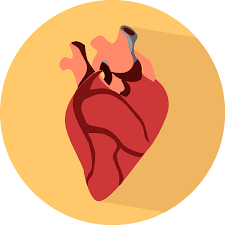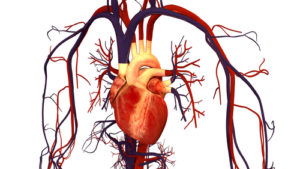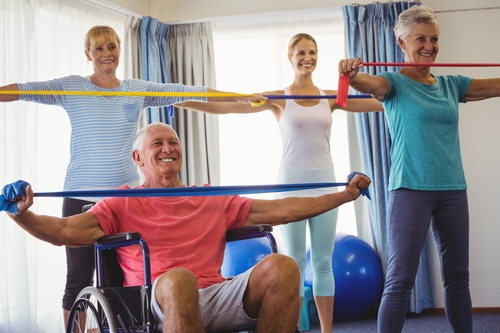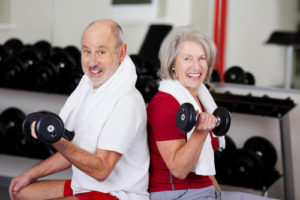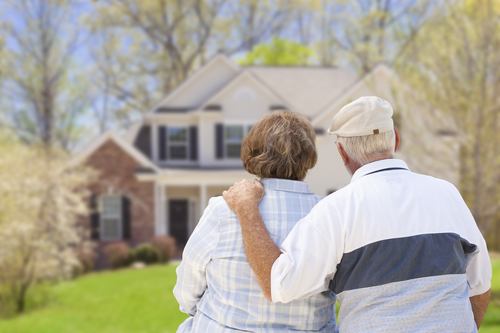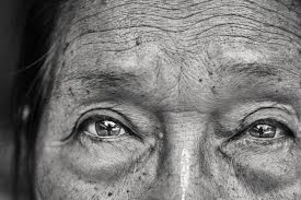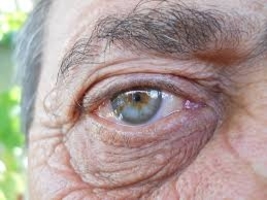
Your eyes aren’t only good for seeing. They can also give you signs about your health. Depending on the symptoms, it can be obvious or subtle. It’s essential to pay attention when your eyes are warning you about your health.
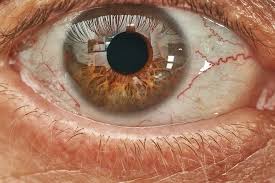
12 Different Ways Your Eyes are Warning You About Your Health
1. White Spots on Your Cornea
This can mean you have an eye infection, which is a common problem if you wear contact lens.
It can also be a sign of a corneal infection.
2. Eye Twitching
You already know that stress comes out in different ways, including eye twitching. Luckily, this symptom isn’t dangerous, but it is a sign that you need to relax.
3. Blurred Vision
Usually, blurry vision means it’s time to break out the glasses, but it could mean more. Not only can blurry vision be a sign of eye problems like cataracts or macular degeneration, but it can also be a sign of diabetes.
A 2014 study found that 73% of diabetic patients sampled had blurry vision. Your eye doctor could detect diabetes when they are checking your eyes.
4. White Ring Around Your Iris
If this is noticed during an eye exam, it may be time to go to your doctor. While a white ring can be a sign of aging, it can also be a sign of high cholesterol. Your eyes could be telling you that you are at an increased risk of heart attack or stroke.
5. Damaged Blood Vessels in Your Retina
This isn’t a symptom that you can see in a mirror. This is the type of symptom that gets noticed during an eye exam.
Damaged blood vessels in your retina are also known as hypertensive retinopathy.
It’s a sign that your blood pressure is too high.
6. Your Eyes are Dry All the Time
If you are rubbing your eyes all the time and the skin around them is red, this can mean you have allergies. Rubbing too much or too hard can cause your eyelid to become looser and even saggy. This can cause wrinkles, increased exposure to air, and make your eyes dry.
7. Eye Floaties
Occasionally you will see little specks in your vision, and while most of the time they are harmless, they also shouldn’t be shrugged off. If you notice you have more than usual, this could be a sign of a retinal tear or detachment.
8. Puffy and Red Eyes
This symptom doesn’t necessarily mean infection. It can be a sign that you are tired. Your eyes are telling you that you need to sleep.
9. Yellow Patch or a Bump on the Whites to the Side
A tiny percentage of this is precancerous, but most of them are not. Getting too much sun can cause these patches. You can wear special glasses that will protect you from the sun if you notice these patches appearing.
10. The Whites of Your Eyes Turning Yellow
If you see this symptom, it could mean that you are developing Jaundice, a condition where you have too much bilirubin. It’s a yellow compound formed from the breakdown of red blood cells.
You can get this due to an infection, alcohol-related diseases, or cancer.
11. Eye Strain and Tearing Up
It’s hard not to be on the computer all day in this new age of technology. If you stare too long at a computer or TV screen, your eyes can get too dry and start tearing up.
12. Broken Blood Vessels
While no one likes to look in the mirror and see this, it’s essential to notice. This can mean that you are straining your eyes. Maybe give your eyes a break.
Read more here.




